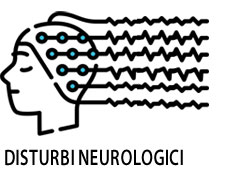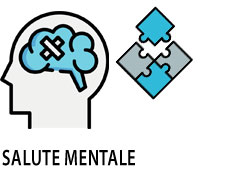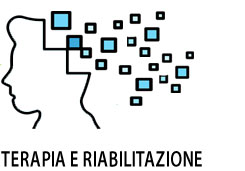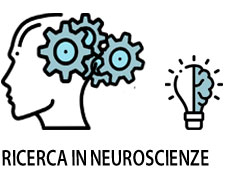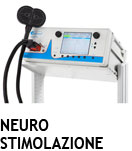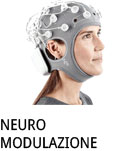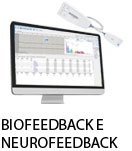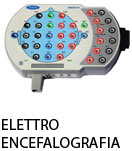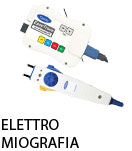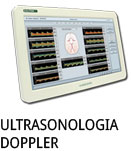- +39 011 5821948
- info@geasoluzioni.it
- Lun - Ven 8:00 - 17:30
The impact of successful learning of self-regulation on reward processing in children with ADHD using fMRI.
- Abstract:
- Neurofeedback (NF) is a non-pharmacological treatment for attention-deficit/hyperactivity disorder (ADHD) that is targeting self-regulation, is efficacious when standard protocols are used and induces partly specific neurophysiological changes in the inhibitory network. However, its effects on reward processing, which is also considered an important aspect of ADHD and has been linked to neurophysiological deficits, remain unknown. Children with ADHD (N = 15, mean age 11.8, SD 1.52) were randomly assigned to either slow cortical potential NF (n = 8) or EMG biofeedback control training (n = 7) and received 20 sessions of training under comparable conditions. Learning was defined as the slope of successful training runs across all transfer sessions. Whole brain analysis, region-of-interest analysis of anticipatory ventral striatal (VS) activation, and analysis of behavioral data were performed. Clinically, the NF group improved more than the EMG group. Whole brain analysis indicated increased activation in the left superior frontal gyrus in the control group only, and in medial prefrontal cortex and dorsolateral prefrontal gyrus (DLPFC) after treatment across all groups. Only successful learners of self-regulation (n = 8) showed increased left inferior frontal gyrus and DLPFC activation after treatment. Left VS activation was increased after treatment and showed a significant time*medication-status interaction. Specific treatment effects were found in left frontal regions for the control treatment and successful learners. Also, unmedicated participants, irrespective of treatment type or successful learning, showed treatment-induced improvement in reward processing. The results suggest no prominent specific effect of NF on reward processing. However, cautious interpretation is warranted due to the small sample.
- Patologie/Applicazioni:
- Anno:
- 2018
- Tipo di pubblicazione:
- Articolo
- Parola chiave:
- Bio-Neurofeedback; DLPFC; ADHD; Autoregolazione; fMRI
- Testata scientifica:
- ADHD Attention Deficit and Hyperactivity Disorders
- Nota:
- Bambini con ADHD (N = 15, età media 11,8) sono stati assegnati in modo randomizzato ad un training di controllo del potenziale corticale lento NF (n = 8) o del biofeedback con EMG (n = 7) e sottoposti a 20 sessioni di allenamento in condizioni comparabili. L'apprendimento è stato definito come il superamento positivo di tutte le sessioni dell'allenamento. Sono state eseguite analisi dell'intero cervello, analisi della regione di interesse dell'attivazione ventrale anticipata (VS) e analisi dei dati comportamentali. Clinicamente, il gruppo NF è migliorato più del gruppo EMG.
- DOI:
- 10.1007/s12402-018-0269-6
Hits: 1799
La nostra storia
GEA soluzioni si affaccia nel 2013 al mercato della strumentazione medicale di alto livello tecnologico ma la sua storia parte da più lontano, clicca qui per approfondire.
GEA SOLUZIONI SRL
via Issiglio 95/10, Torino
Tel.: 011 5821948 / 011 4463853
Fax: 011 0433281
Email: info @ geasoluzioni.it
P. IVA IT11696920013
REA TO1233648

